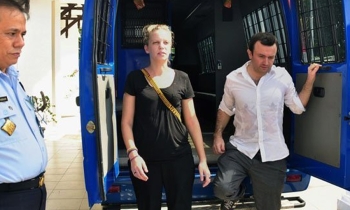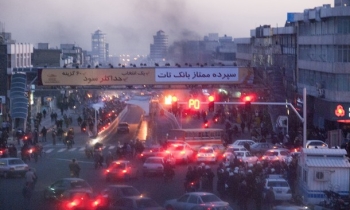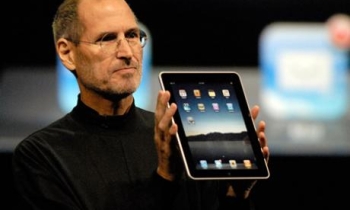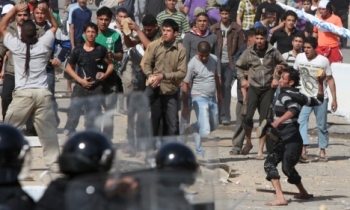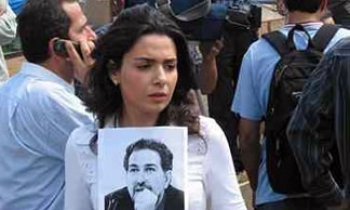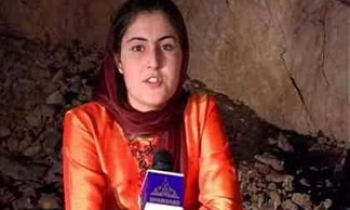Rome - Exactly seven months after narrowly losing a general election, Silvio Berlusconi, Italy's media mogul and politico extraordinaire, is suffering a series of setbacks on the business front.
On Thursday, his plans to create a European media empire appeared on the verge of collapse after his Mediaset Spa was tipped to have been ruled out of the race for ProSiebenSat.1 AG, Germany's largest commercial broadcaster.
According to unconfirmed reports, Berlusconi was considered persona non grata by regulators and lawmakers in Berlin.
Berlusconi's controversial image as a politician, as well as Mediaset's 'trash tv' reputation are both believed to have played a role.
Two days earlier, Mediaset revealed that the group's net profit had fallen to 369.1 million euros (471.8 million dollars) during the first nine months of this year, down from 464.6 million a year earlier, because of weak Italian advertising sales.
Meanwhile, parliament is about to discuss a media bill drafted by Italy's new centre-left government that would effectively strip it of one of its three free-to-air channels and curtail future advertising revenues.
Mediaset is also beginning to feel the pinch because of Sky Italia, Rupert Murdoch's satellite broadcaster, which has already won over nearly 2 million subscribers within the space of just three years thanks to its attractive cinema and live football offers.
Mediaset and state-run RAI, which together control more than 90 per cent of Italy's terrestrial television market, are estimated to have lost 1.5 million prime time viewers since 2002.
'Mediaset is going through a difficult patch and its failure to acquire ProSiebenSat.1, if confirmed, would be very bad news indeed,' Carlo Freccero, a television author and one of Italy's leading experts on the subject, told Deutsche Presse-Agentur dpa.
'Mediaset is facing tough competition from Sky, which is nowadays its real competitor, and has also made a series of strategic errors. The fact that its owner is a politician has also tarnished its reputation as an independent voice. Accessing the German market, therefore, would have been fundamental for its future,' Freccero told dpa.
Mediaset vice-president Pier Silvio Berlusconi, son of the former premier, has played down concerns, noting that its Canale 5 is still the preferred channel by the 15 to 64 year-old age group, which accounts for 70 per cent of the Italian population and 80 per cent of total tv advertising sales.
In an interview with Turin-based daily La Stampa, Berlusconi junior said Mediaset would continue to invest on digital terrestrial television - which allows it to sell movies and football games on a pay-per-view basis - as well as the Internet.
'I am thinking of YouTube and MySpace,' he said when asked for models to follow.
Back in the early 1980s, Berlusconi revolutionised the Italian television market by importing popular American programs like Dallas and Dynasty and introducing scantily-clad ballerinas for the first time on tv.
Six years ago, his Mediaset company was again responsible for a minor revolution by offering an Italian adaptation of Big Brother. Today, reality shows are all the rage in Italy.
Mediaset has allowed Berlusconi to become the country's most popular politician, but it has also been a constant source of trouble for the country's richest man.
Reporters without Borders and various international bodies, including the European parliament, have in the past strongly criticised his unscrupulous use of his media empire to gain power.
Berlusconi has also had to face a number of high-profile corruption trials in connection with his Mediaset company, the latest of which was due to start in Milan later this month.
Many believe the 80-year-old is trying to juggle too many balls and that the time has come for him to finally decide whether he wants to be a politician or a businessman.

